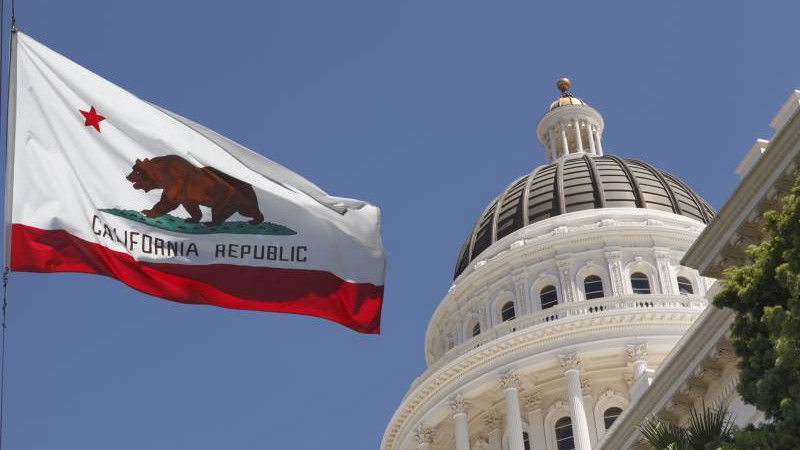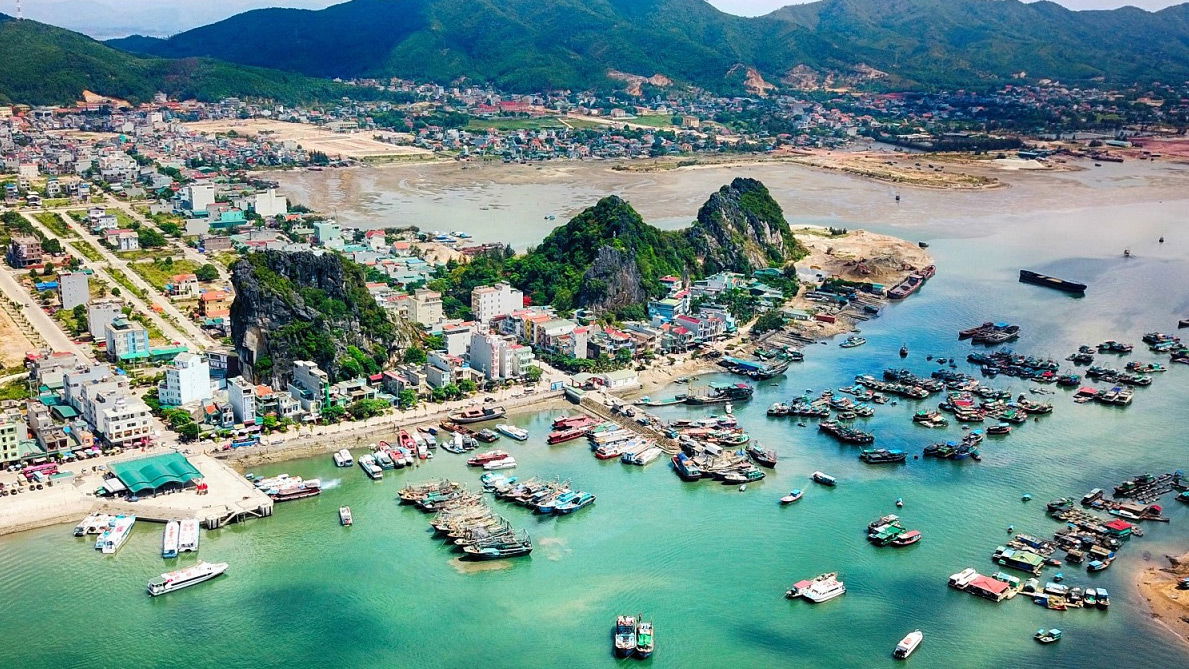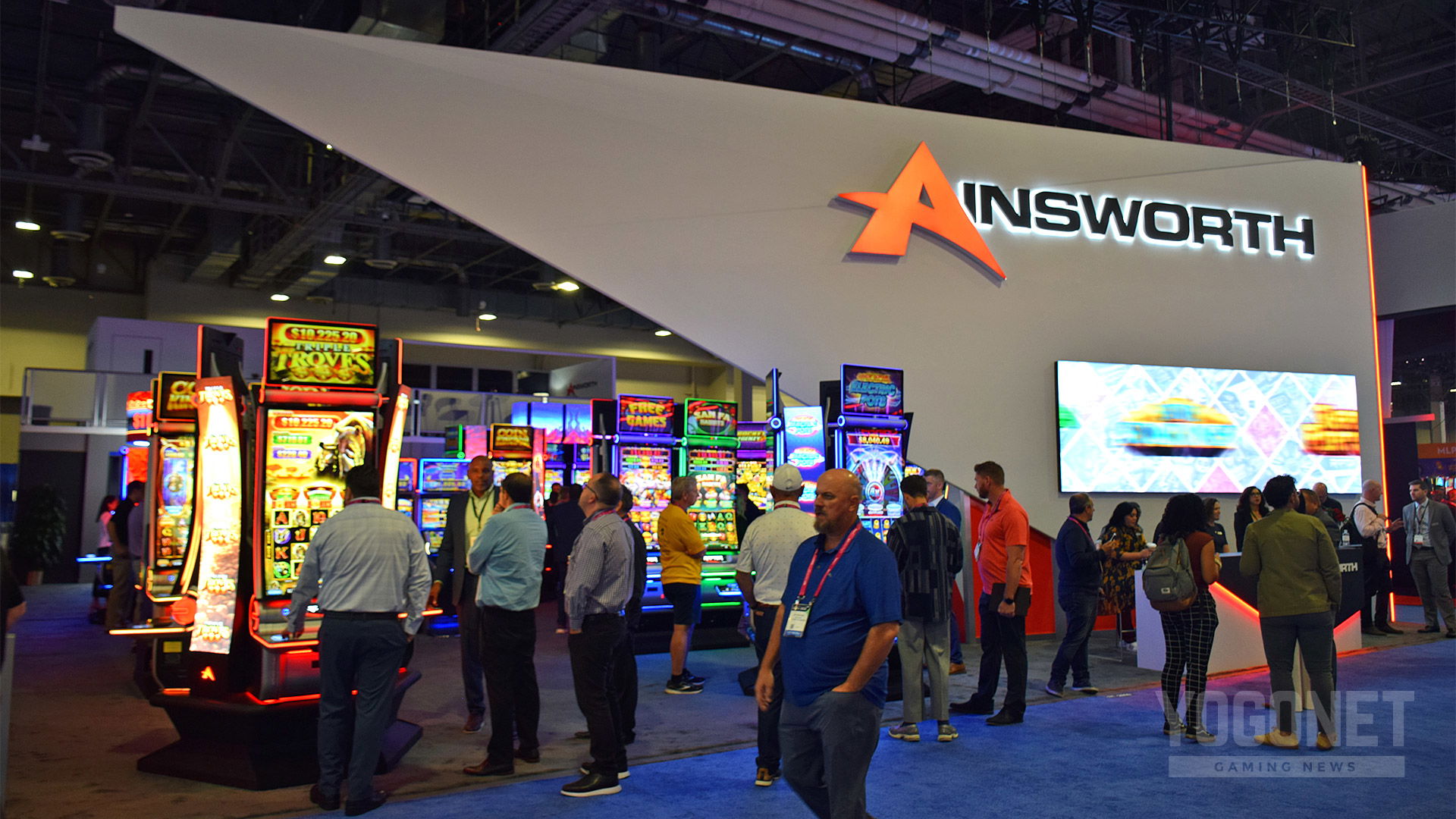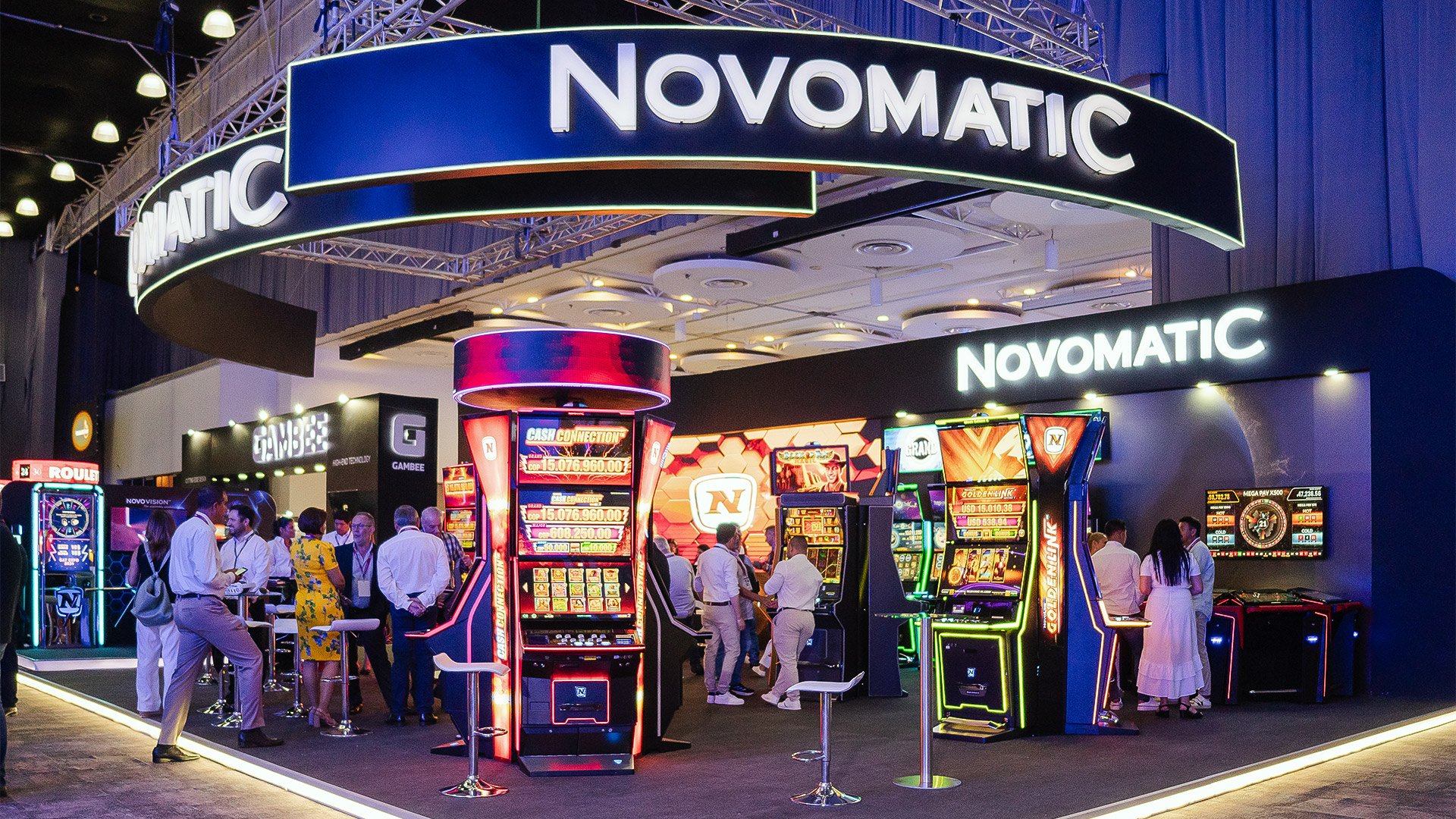Aristocrat shares declined after earnings target reduced
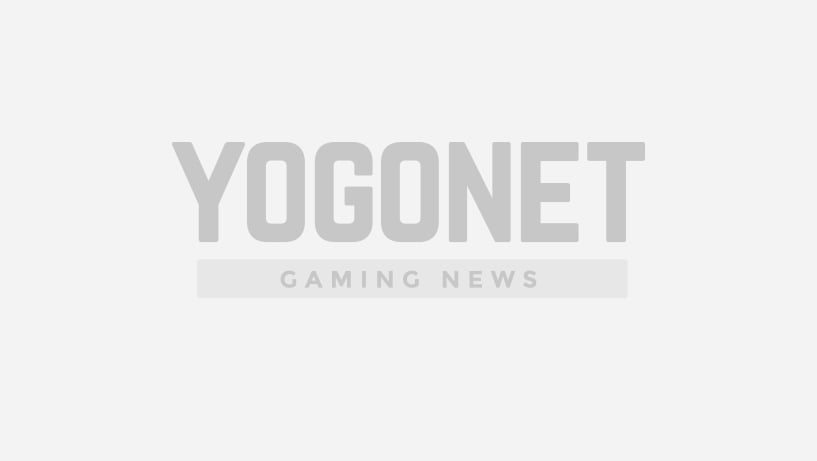
Annual operating profit is expected to fall to between us$ 180 million and us$ 189 million, the Sydney-based company said yesterday in a statement, compared with us$ 234.9 million in fiscal 2007. Aristocrat shares slumped 20 percent, cutting the company’s market value to us$ 2.1 billion.
Australian economy growing at its slowest since 2006 and the US capping its weakest six-month period in five years during the first quarter hurt a company that relies on those regions for more than two-thirds of sales. Aristocrat joins top- ranked International Game Technology in struggling to boost sales as fewer people gamble and those that do spend less.
“Pretty much everything’s getting worse for them," said Will Seddon, who helps oversee about us$ 500 million at White Funds Management in Sydney, including Aristocrat shares. “Consumers are quite stretched so casino operators are less likely to replace existing machines in this environment."
Aristocrat shares dropped us$ 1.16 to us$ 4.59 at the close of trading in Sydney, the worst performer on Australia’s benchmark S&P/ASX 200 Index. The stock had its biggest one-day slide since May 2003 and has shed more than half its value this year.
The result comes after Chief Executive Officer Paul Oneile this week said he won’t renew his contract when it expires at the end of the year. Oneile, hired in December 2003, will continue in the role until his contract ends.
"The immediate outlook is pretty poor," White Funds’ Seddon said. “Macro issues are hurting everyone in the sector. Conditions are deteriorating in the U.S. and Australia, and things aren’t great in some of their emerging markets either."
Aristocrat said a stronger local currency had also had a negative impact on earnings. The Australian dollar gained 8.2 percent against the US currency this year, the fourth-best performer among the 16-most traded currencies. It reached a 25- year high of 98.27 on July 15.
Australia’s economy expanded 3.6 percent from a year earlier in the March quarter, outpacing the U.S. economy’s 2.5 percent gain and the 2.1 percent expansion in the 15-countries that use the euro.


